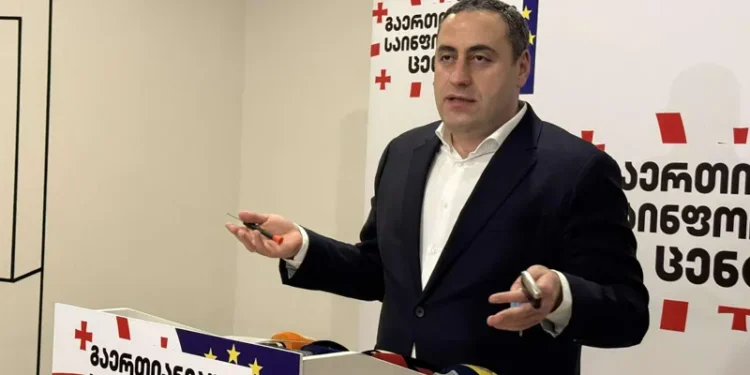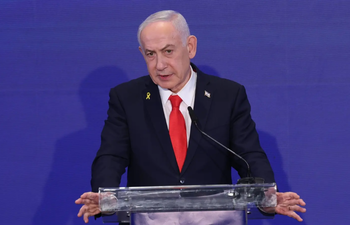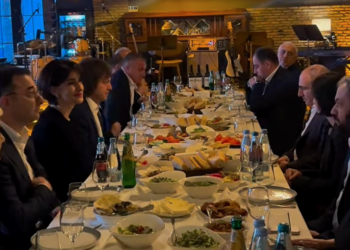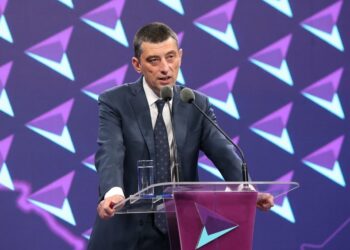Tensions flared again between the ruling Georgian Dream party and opposition figures over the legacy of April 9, 1989—a day of tragic national memory when Soviet forces violently dispersed a peaceful protest in Tbilisi, resulting in 21 deaths and hundreds of injuries.
Latest Controversy
A heated exchange reignited the debate, with opposition leader Giorgi Vashadze sharply criticizing the Georgian Dream party’s recent comments.
“One moment you claim we were attacked by a foreign force on April 9, the next you say people were simply injured in a stampede—how could you sell your souls to the enemy just to keep your seats?!” Vashadze said, addressing GD directly. “Do you really not know who assaulted the freedom-loving youth on Rustaveli Avenue that day? Or are you shamelessly repeating Rodionov’s version, pretending it was just a stampede? But honestly, I’m not even surprised by you anymore.”
Ruling Party’s Position
In an earlier statement, Prime Minister Irakli Kobakhidze described April 9 as “the day when a foreign power committed violence against our fellow citizens,” referring to Soviet forces. However, some ambiguity in subsequent statements from GD members sparked criticism, with opposition figures accusing the party of downplaying the events or aligning with Soviet-era narratives.
Ongoing Debate
As Georgia continues to grapple with its Soviet past and current geopolitical tensions, the interpretation of April 9 remains a powerful and divisive issue. While some call for unity around a shared national trauma, others fear the historical narrative is being distorted for political gain.
Related story: Kobakhidze: on April 9, a foreign power committed violence against our fellow citizens














